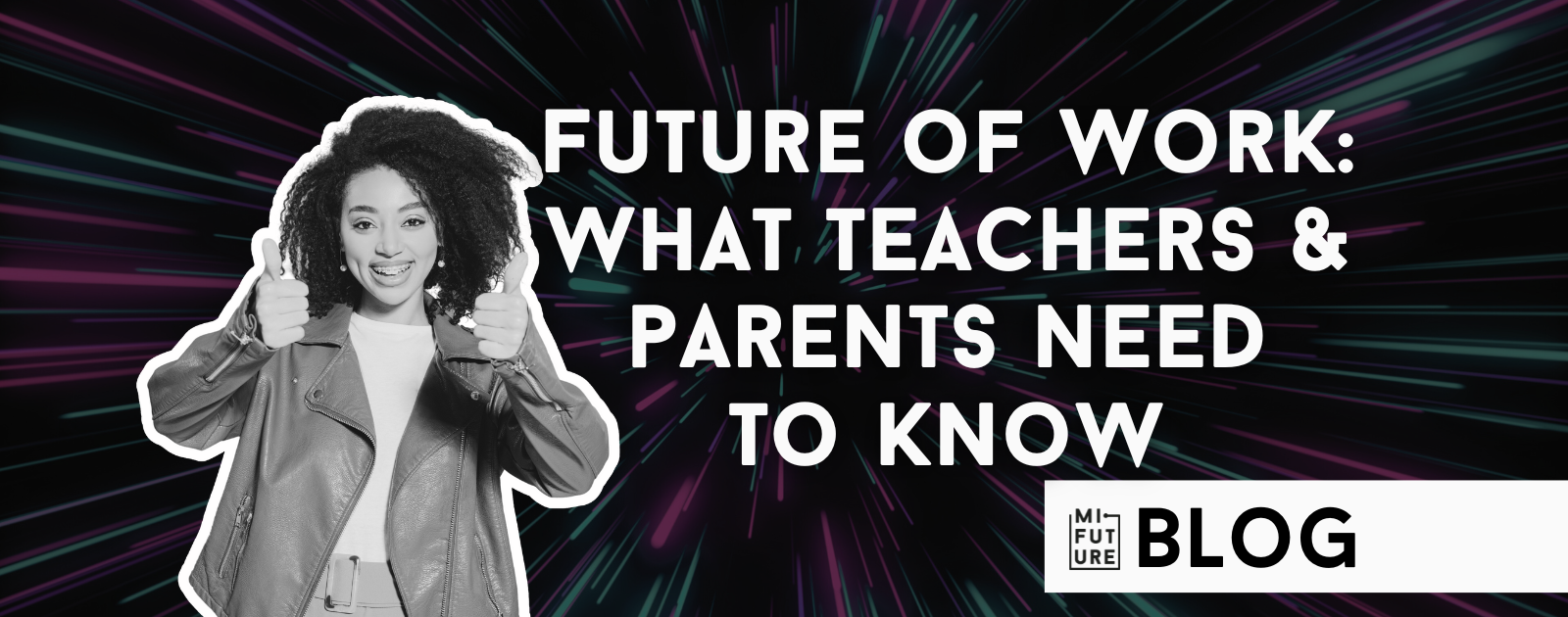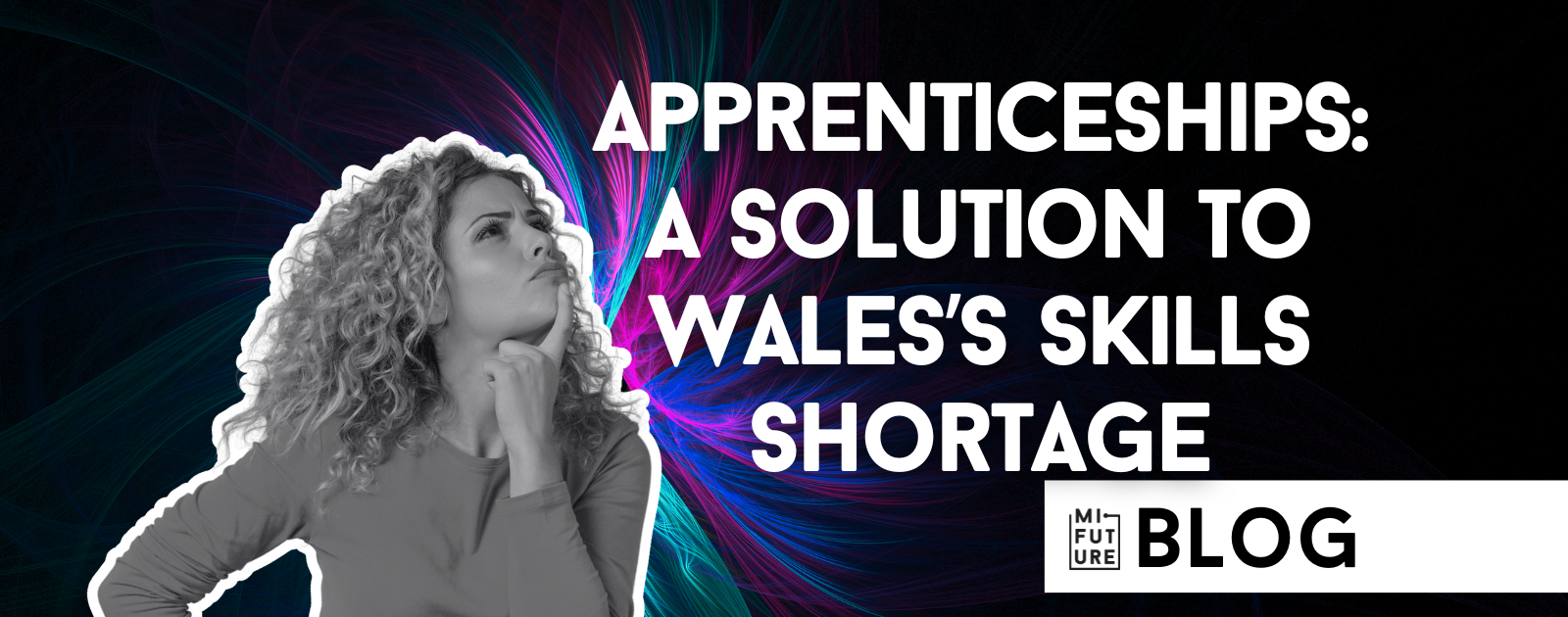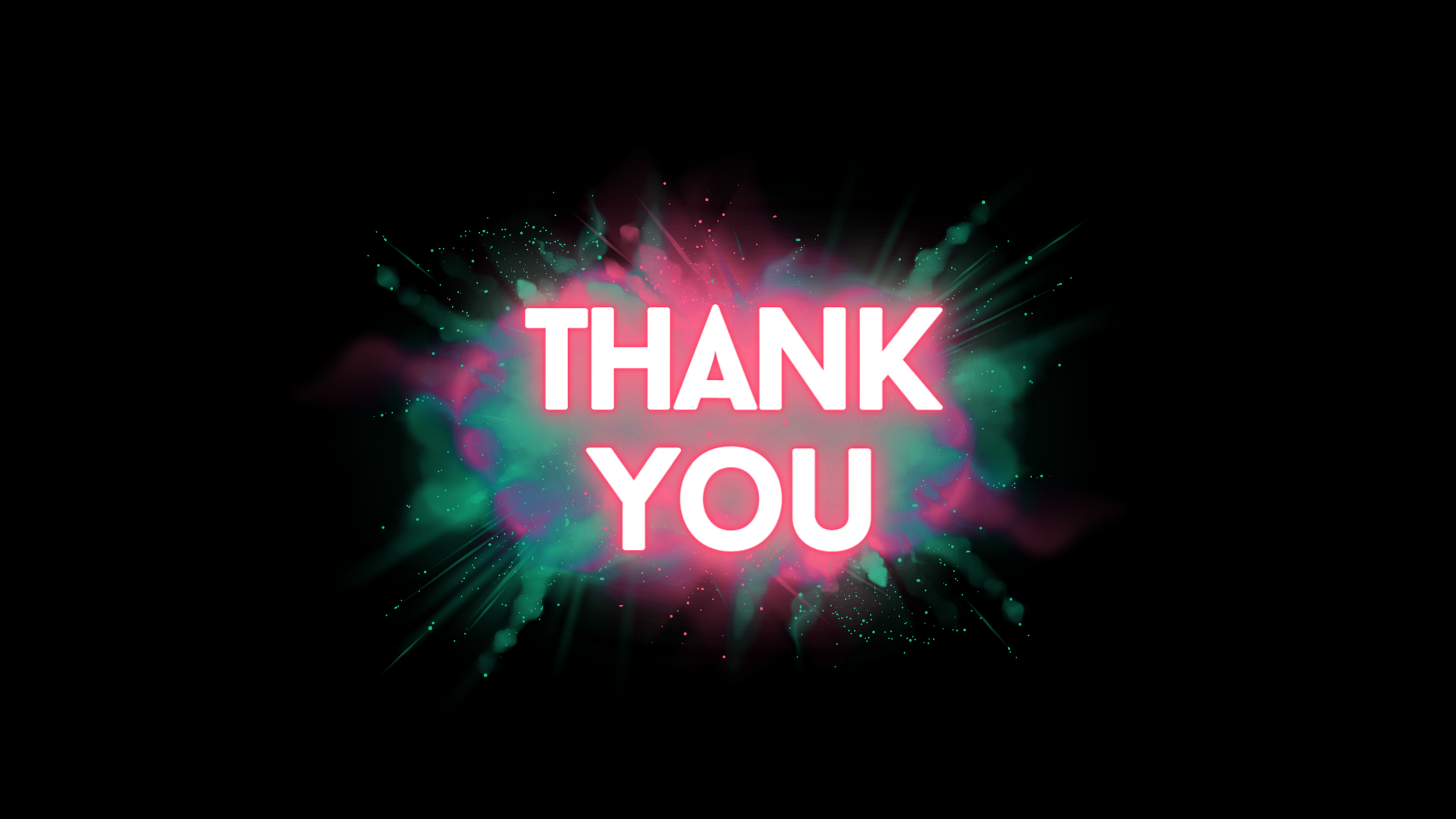-fsek6.png)
Do you remember your early learning days when you had to follow a strict school timetable, all trudging in on a rickety old bus, to sit through hour long classes spread out over a whole monotonous academic year?
Do you remember how you learned the most reason thing, in comparison? I do, it was 9ish at night and I needed to put windscreen wash in my car, except I didn't have a clue where the pulley thing was to get the bonnet open. So I tapped YouTube and searched 'how to open my Audi bonnet', and got an instant tutorial, I was an expert Audi car bonnet opener within 60seconds. Very smug of me!
Back to my opening question, I'm not saying learning to pull a car bonnet thingy is the equivalent to learning a task in school, but what has significantly changed is the 'how' we are learning, and right at the leading edge of this change is Generation Z.
Gen Z say Goodbye Academic Year, Hello Academic Here.
For us grown ups learning was generally restricted to 9 and in a 'one to many' environment, well those days are over for Gen Z . These students, born after 1996, are different from any other generation before them. They are the most diverse, educated, and tech-savvy generation, coming of age at unique intersection of 'I'll learn what I want, when I want'.
Gen Z students demand more flexibility, personalisation, and relevance in their learning experiences. They want to learn at their own speed, on their own terms, and on their own devices. Why? Because that's how they experience their world. They've had access to learning resources in whatever they want, whenever they want it, and wherever they are.
The Future of Learning is Short, Sharp and Curated.
Bite-sized learning modules are usually between 1 to 15 minutes long and focus on one or two specific learning goals. They can be delivered through different formats, such as videos, podcasts, quizzes, games, or interactive simulations.
On-demand and bite-sized learning are not only convenient and effective, but also essential for the future of education. Why? Because they cater to the needs and preferences of modern learners who are busy, distracted, and diverse. They also prepare learners for the challenges and opportunities of the 21st century workforce that requires constant upskilling, reskilling, and lifelong learning.
I've studied the evolution of our school leavers and adult learners for over 15 years, on-demand bite-sized learning is the vehicle to drive ongoing skills development and better labour market position because they can:
⌚ Learn at their own pace and convenience. They can choose when, where, and how to learn, aligned with their schedules, commitments, and goals. They can also navigate and pick content as they need.
🎯 Learn more effectively and efficiently. They can focus on the most relevant and important information, without being overwhelmed by too much or too little content.
🤔 They can also remember and recall information better. Bite-sized learning matches the cognitive capacity and attention span of the human brain.
🤹🏻♂️ Enjoy a varied digital experience. They can interact with content that is designed to catch their attention and curiosity, using multi media elements, gamification techniques, and feedback mechanisms.
😁 Have a positive learning experience. For some, as adult learners this might go a long way to overcoming the negative experiences some have of their school days. They can also have fun while learning, as bite-sized learning appeals to their sense of adventure, challenge and exploration.
Gen Z; The Forever Learners.
Online learning is not just a trend, but a revolution in education. The global online education/e-learning market is projected to grow at an astonishing rate of 17.2% annually, reaching a value of USD 602.0 billion by 2030. This reflects the increasing demand for flexible, accessible, and personalised learning experiences that can help Gen Z of working age develop the skills they need in today’s ever-changing world.
There are plenty of niche platforms offering on-demand bite-sized learning, some of the best go hard on gamification and positive learning experiences, like;
Kahoot! is a game-based learning platform that allows users to create and play quizzes, surveys, and discussions on any topic and ranks in the top 3 study platforms for Gen Z and Millennials. Kahoot! makes learning exciting, energetic, and enthusiastic by using gamification, multimedia, and social interaction.
Codecademy teaches users how to code in various programming languages, such as Python, Java, HTML, and CSS. Codecademy is popular among Gen Z learners who want to learn practical and relevant skills for the future of work, through learning interactive, engaging, and fun by using simulations, feedback, and challenges.
Duolingo is helping users learn new languages, such as Spanish, French, German, and Chinese. Duolingo is one of the most downloaded education apps in the world, with over 300 million users. Duolingo makes learning personalized, flexible, and enjoyable by using adaptive content, gamification, and rewards.
Learning is now 24/7, 365, so lets go after it!
The opportunity to engage Generation Z is not only in the classroom but also outside of it. Instead of burdening their already overwhelmed teachers with more initiatives to cram into busy timetables and lessons, we should focus on capturing their attention and interest in the vast digital space where they spend most of their time. We should use the power of on-demand bite-sized learning to provide them with relevant, engaging, and enjoyable learning experiences that will prepare them with hard and soft skills for the future.
Our mission continues...
Gem Hallett
miFuture Founder
www.miFuture.co.uk | @miFutureSkills




